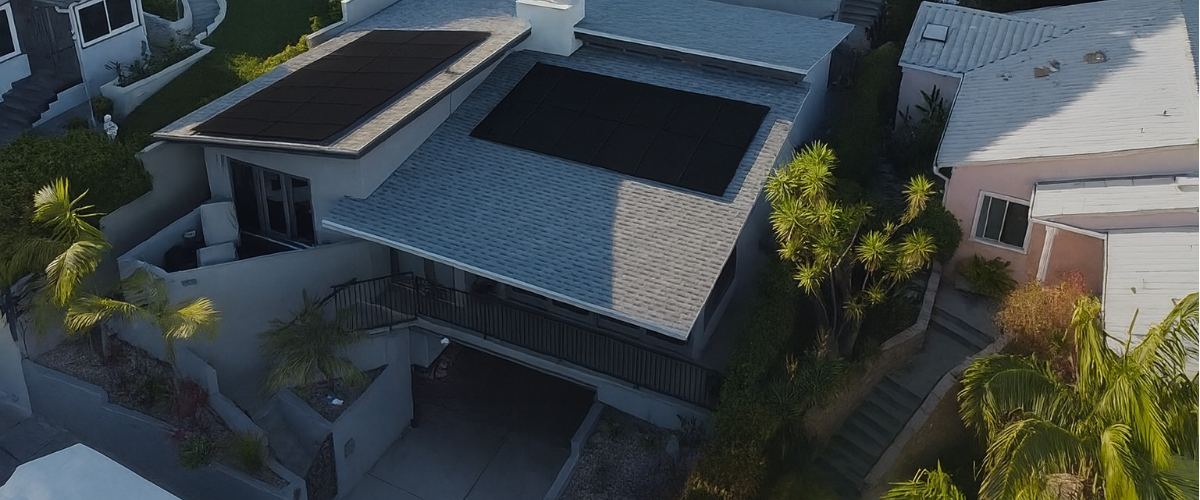Is the Federal Solar Tax Credit Refundable?

Solar and Roofing Advisor
Explore whether the federal solar tax credit is refundable, how it reduces your tax bill, and the benefits of going solar before 2025.

The federal solar tax credit, officially known as the Residential Clean Energy Credit, has been one of the most important incentives for homeowners making the switch to solar energy. With it, you can deduct 30% of the cost of your solar installation from your federal tax liability, making solar more affordable and accelerating your return on investment. But many homeowners still have questions—chief among them: Is the solar tax credit refundable?
At US Power, we’re here to clear up the confusion, explain exactly how the credit works, and most importantly, highlight why time is running out to take advantage of it before it expires on December 31, 2025.
Is the Solar Tax Credit Refundable?
The short answer: No.
The federal solar tax credit is a non-refundable credit. That means it can reduce your federal tax liability down to zero, but it will not result in a refund if the credit amount is more than you owe. In other words, the IRS will not cut you a check for the leftover balance.
However, the good news is that unused portions of the credit can be carried forward to future tax years—as long as the credit is still active. This ensures you don’t lose the value of your solar investment if your tax liability is smaller than your credit amount in the year your system is installed.
Example: How It Works in Real Life
- Let’s say you install a solar system that costs $25,000.
- The 30% federal tax credit equals $7,500.
- If you owe $6,000 in federal taxes this year, the credit reduces your tax bill to zero.
- The remaining $1,500 can then be carried forward to your next tax return.
This flexibility allows homeowners to maximize the full 30% benefit over time.
The Deadline You Can’t Ignore
Originally, the Inflation Reduction Act extended the 30% solar tax credit through 2032. But in July 2025, the One Big Beautiful Bill (OBBB) dramatically changed the timeline. The Residential Clean Energy Credit now ends on December 31, 2025. After that date, homeowners will no longer be able to claim the 30% incentive for new residential solar installations.
That means:
- Systems must be fully installed and commissioned by December 31, 2025.
- Waiting too long could mean missing out on thousands of dollars in savings.
- Permitting backlogs and installation demand will likely surge as the deadline approaches.
How US Power Helps You Secure Your Savings
At US Power, we understand how crucial this credit is to making solar affordable. That’s why we’ve streamlined our process to help homeowners take advantage before it’s too late:
- Direct Qcells Partnership – We source panels directly from Qcells’ U.S. manufacturing facilities, ensuring quality and avoiding global supply chain delays.
- Efficient Installations – Our team handles permitting, design, and installation with precision and speed.
- Customer-Focused Guidance – We help you understand how the credit applies to your unique tax situation so you can capture every possible dollar of value.
The Bottom Line
The federal solar tax credit is a non-refundable, carry-forward incentive that has saved American families billions of dollars. But with its expiration date now set at December 31, 2025, the clock is ticking.
Don’t leave thousands of dollars on the table. Contact US Power today to schedule your FREE solar consultation and lock in your system before the federal tax credit disappears.
Frequently Asked Questions
Related Articles
Our Related Blogs
Does the New PG&E and SCE Base Service Charge Hurt Solar Customers?
How it affects your solar investment, and smart solutions that protect your savings.
Why Large Solar Providers Can Charge Unexpected Fees
Get smart and go solar safely—avoid hidden costs with US Power’s expert guidance.
Beat California’s High Energy Rates with Smart Solar
Combat rising electricity costs with smart home solar solutions from US Power.








We empower communities and businesses to harness clean, renewable solar energy solutions that drive sustainable growth.
Ready to Own Your Power? Call us today!
818-650-8010
Copyright © 2025 US Power - Axia by QCells. All Rights Reserved.
Privacy is important to us, so you have the option of disabling certain types of storage that may not be necessary for the basic functioning of the website. Blocking categories may impact your experience on the website.
Essential
These items are required to enable basic website functionality.
Personalization
These items allow the website to remember choices you make (such as your user name, language, or the region you are in) and provide enhanced, more personal features.
Marketing
These items are used to deliver advertising that is more relevant to you and your interests.
Analytics
These items help the website operator understand how its website performs, how visitors interact with the site, and whether there may be technical issues.
We and our third-party partners use cookies and other technologies to enhance and track your experience on this site, conduct analytics, and personalize marketing to you. By using the site, you agree to our use of these technologies, including recording and monitoring your interactions with the site.
Get an instant solar estimate using satellite!









